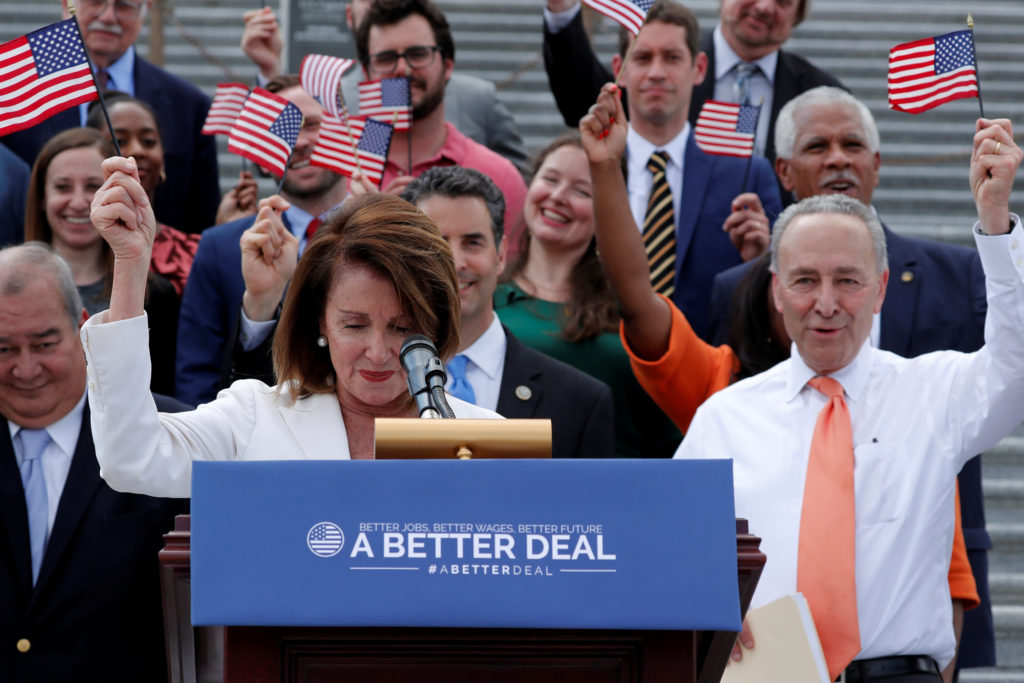Republicans are under scrutiny for supporting both in vitro fertilization (IVF) and legislation defining human life at conception following a controversial Alabama Supreme Court ruling. The Life at Conception Act, introduced by GOP Rep. Alex Mooney, has drawn attention for its lack of an IVF exception.
This has raised concerns about its potential impact on reproductive rights, as it defines “human beings” to include all stages of life, including fertilization. While the bill doesn’t explicitly ban IVF, Democrats argue it could have chilling effects on IVF clinics.
Democrats are seizing on this discrepancy, pointing out that Republicans who support IVF while sponsoring the Life at Conception Act are sending conflicting messages. Rep. Michelle Steel of California, for instance, has expressed support for IVF but also co-sponsored the bill.
This has led to questions about how she reconciles the two positions. Other Republicans who have expressed support for IVF while sponsoring the bill have yet to comment on the matter.
The House Majority PAC, aligned with House Democrats, has highlighted vulnerable Republicans who supported the Life at Conception Act.
Meanwhile, the Biden-Harris campaign account has also drawn attention to the issue. House Democrats are actively addressing the issue, with the Democratic Congressional Campaign Committee holding press calls to emphasize their opposition to the bill.

Republicans like Rep. Don Bacon of Nebraska, who previously co-sponsored the bill, have distanced themselves from it in the current session of Congress.
Bacon expressed concerns about potential misconceptions and distortions surrounding the bill and sought specific language to clarify its intent. However, the bill’s author declined to make changes, leading Bacon to withdraw his support.
While Republicans maintain that the bill is not intended to restrict IVF, Democrats argue that its lack of clarity could have far-reaching implications for reproductive rights and access to fertility treatments.





